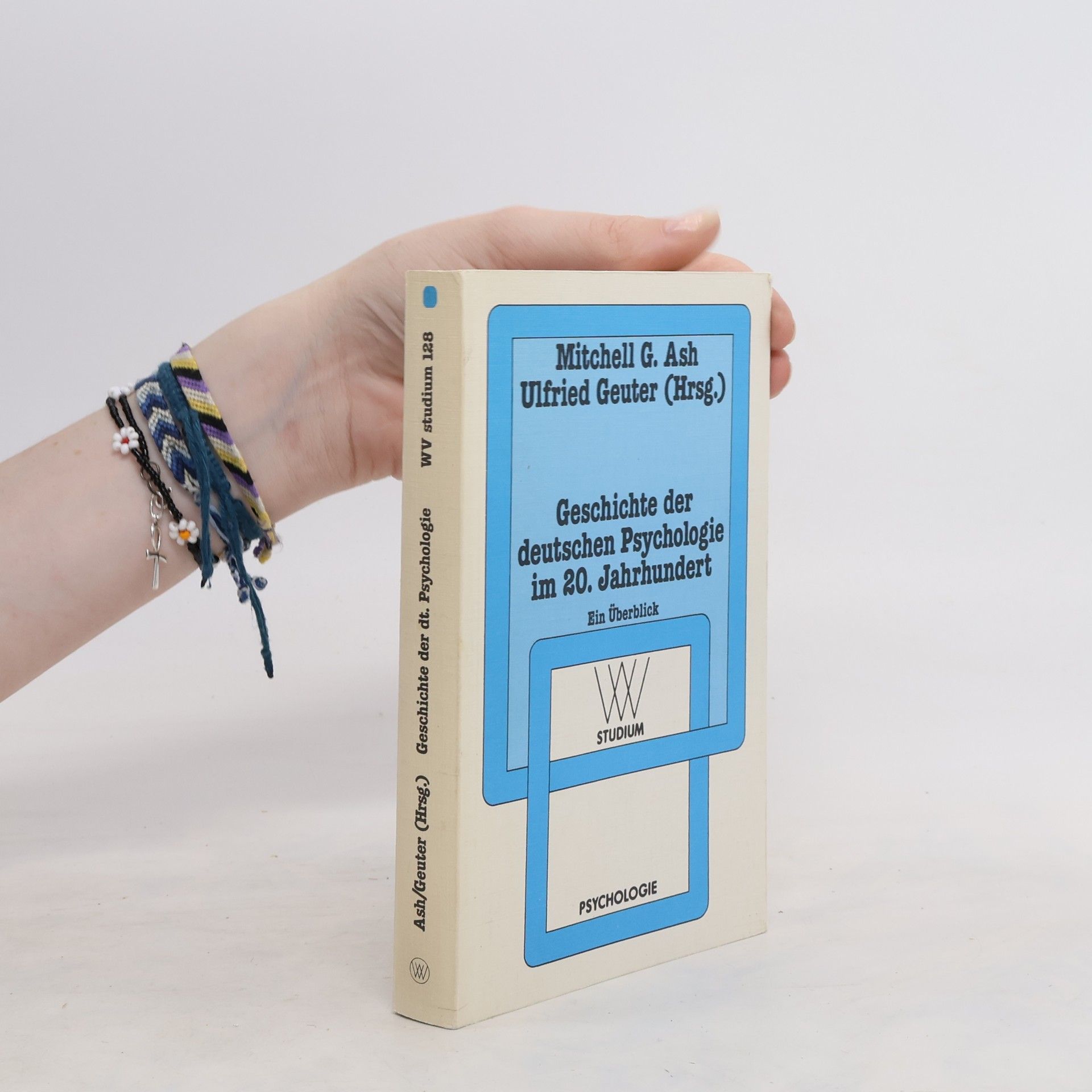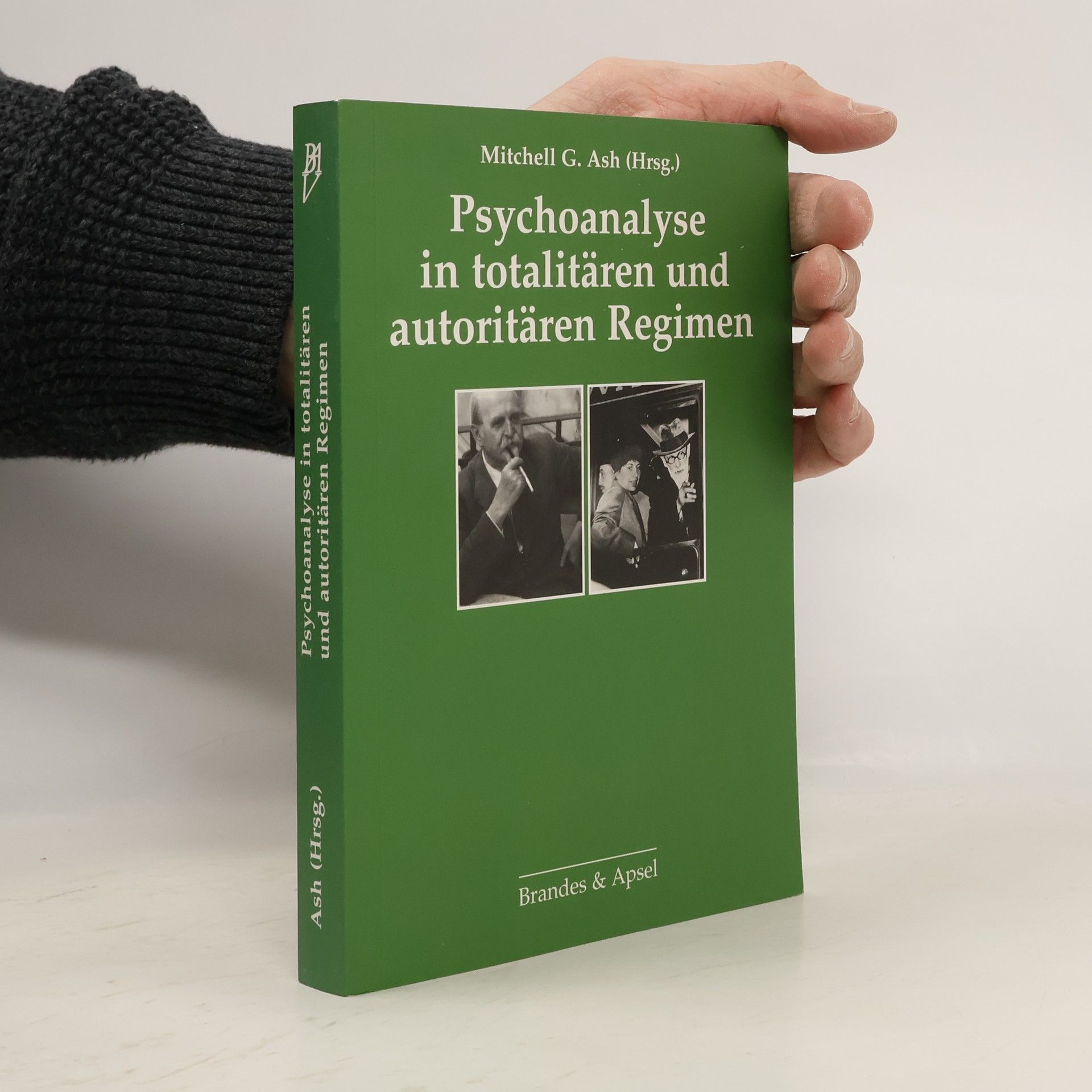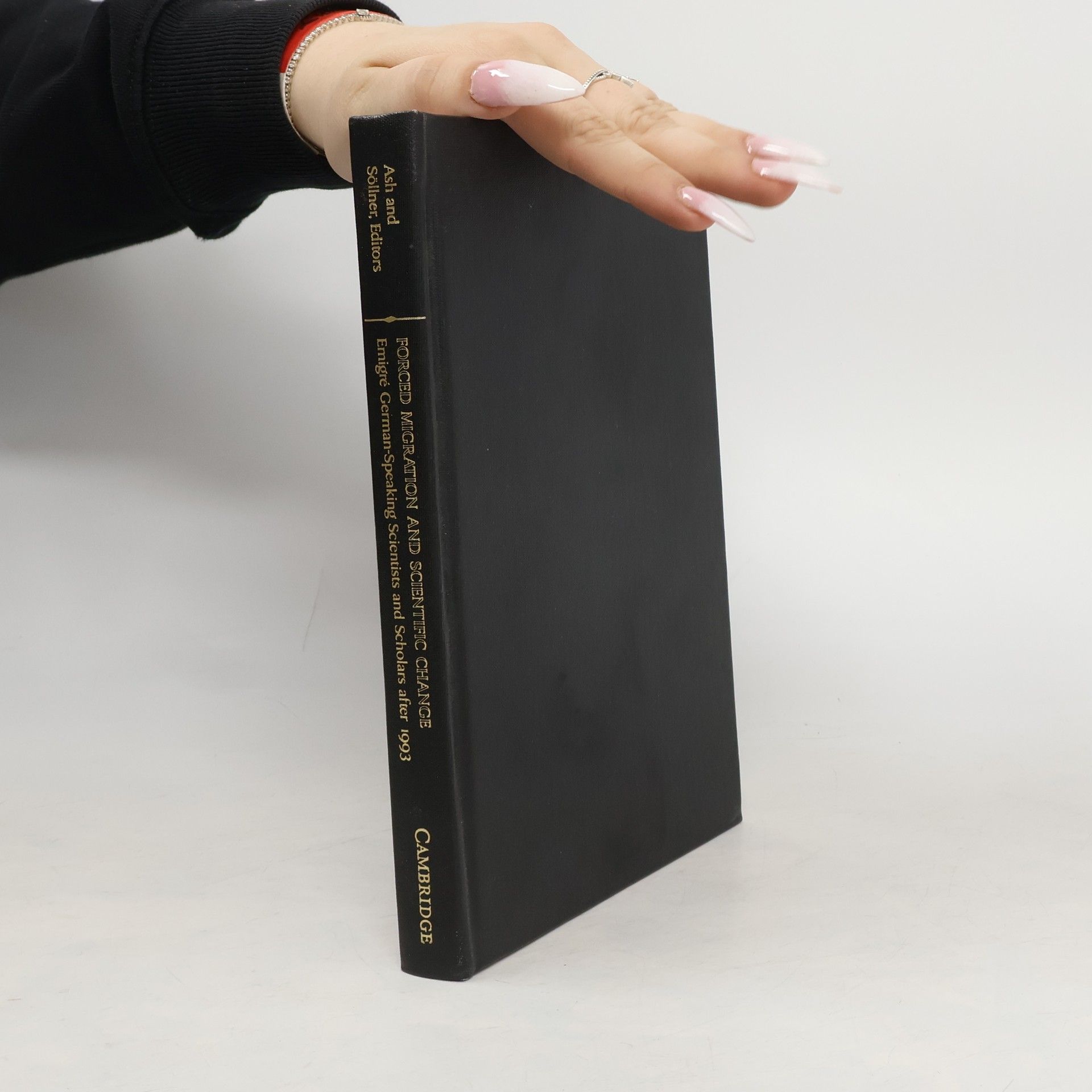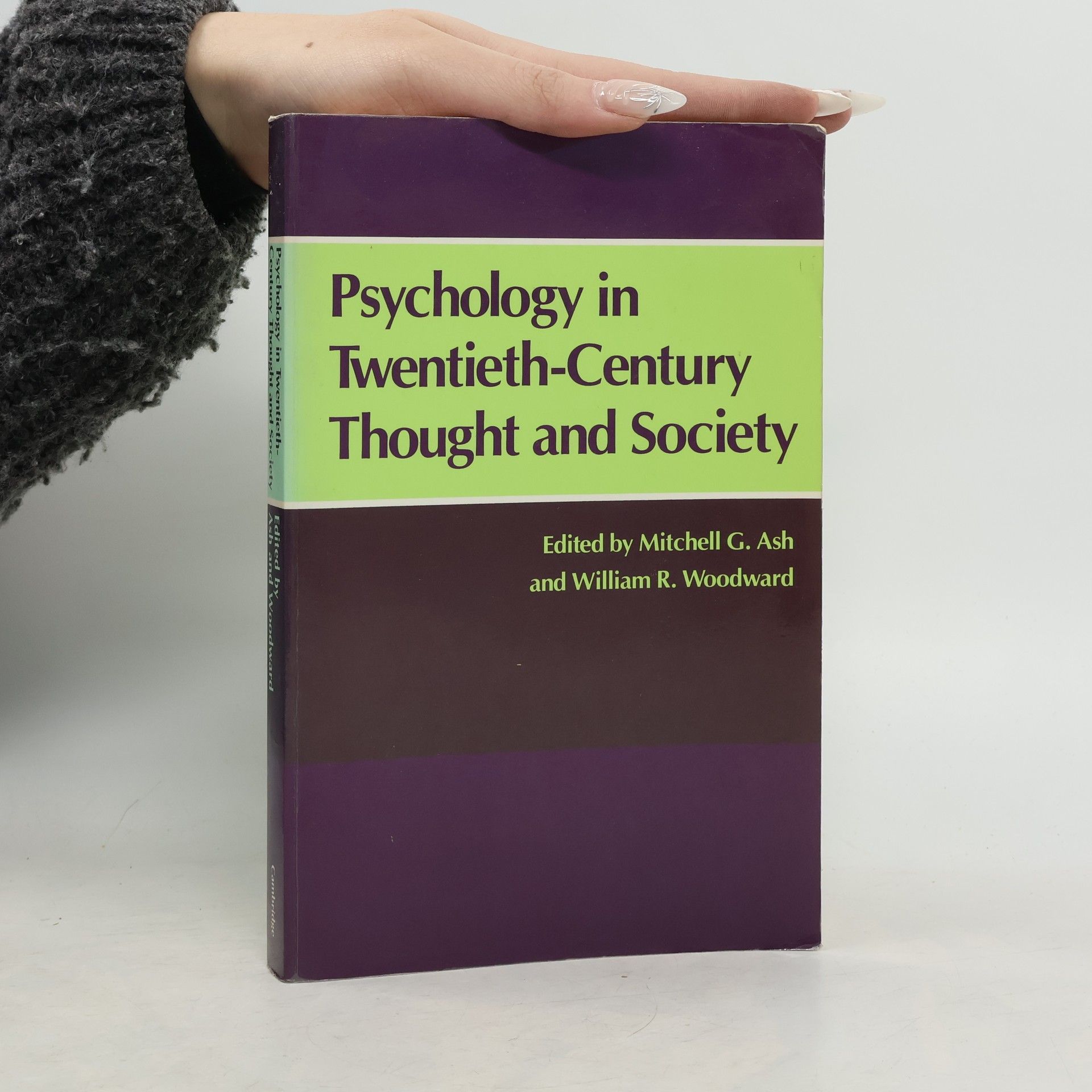Psychology in Twentieth-Century Thought and Society
- 329bladzijden
- 12 uur lezen






This volume challenges the common belief that scientific knowledge is international. Employing case studies from Austria, Poland, the Czech lands, and Hungary, the authors show how scientists in the late Habsburg Monarchy confronted the problem of simultaneously nationalizing and internationalizing their knowledge in a multi-national empire during the 'age of nationalism'. The case studies go beyond traditional emphasis on history, ethnology or other 'national' disciplines, ranging from chemistry and physics to natural history, geology, seismology, surgery, linguistics and eugenics, focusing inter alia on scientific terminology in various national languages, supra-national networks of observation or data gathering, language issues in science education, and research practices in cross-national comparison.
Examines the impact on the scienctific world of the forced exodus of Jewish intellectuals from Nazi Germany.
Klappentext: 250 Jahre Tiergarten Schönbrunn - Das große Jubiläumsbuch. Der Tiergarten Schönbrunn in Wien ist der älteste kontinuierlich bestehende Zoo der Welt, die einzige erhaltene barocke Anlage in Europa und eine der meist besuchten Attraktionen Österreichs, die Tag für Tag Tausende Besucher:innen in ihren Bann zieht. In diesem prachtvoll illustrierten Buch schildert ein kompetentes Autor:innen-Team seinen Weg durch die Zeiten - von der Gründung als kaiserliche Menagerie im Jahre 1752 bis zur modernen Zoo-Erlebniswelt der Gegenwart. Ein Standardwerk zur europäischen Zoogeschichte, unverzichtbar für alle jene, die das wunderbare Schönbrunner Tierreich ins Herz geschlossen haben!
Das Buch erarbeitet erstmalig einen umfassenden Überblick über die Geschichte der Psychologie des 20. Jahrhunderts im deutschsprachigen Raum. In die Darstellung der großen theoretischen Ausrichtungen des Faches wird der kulturelle, politische und soziale Kontext der Psychologie einbezogen.
Eine politische Wissenschaftsgeschichte
Das Jahr 1990 markiert eine epochale Wende in der Geschichte der Max-Planck-Gesellschaft. Die Leitung der MPG nahm an der Gestaltung der Wissenschaftspolitik der deutschen Vereinigung zugunsten der Ausweitung des bundesdeutschen Wissenschaftssystems in den Osten aktiv teil. Danach kam es zu einer einmaligen Expansion im Osten unter geringer Beteiligung ostdeutscher Wissenschaftler: innen und auch zu präzedenzlosen Kürzungen im Westen. Mitchell G. Ash analysiert die Geschichte der Max-Planck-Gesellschaft im Prozess der deutschen Vereinigung als Beispiel des Zusammenspiels von Wissenschaft und Politik als Ressourcen füreinander in politischen Umbruchzeiten.
Die Vertreibung der Familie Freud 1938 bedeutete keineswegs das Ende der Psychoanalyse an ihrem Entstehungsort Wien. Eingehende und sorgfältige Arbeit mit historischen Quellen gibt Einblicke in einen Teil der Geschichte der Psychoanalyse, der bisher nur in Ansätzen aufgearbeitet wurde.
Menagerien und Zoologische Gärten sind multifunktionale Kultureinrichtungen, die zu verschiedenen Zeiten sehr unterschiedlichen Zwecken dienten und auch unterschiedliche symbolische Bedeutungen hatten. Heute sind Tiergärten zu Zentren städtischer Kultur geworden, sehen sich aber mit einer wachsenden, teils fundamentalen Kritik konfrontiert. Dieser Band präsentiert Perspektiven aus mehreren Disziplinen über die Entwicklung der exotischen Tierhaltung vom späten 18. Jahrhundert bis heute im internationalen Vergleich. Dabei wird die Geschichte der Tiergärten als exemplarisch für eine allgemeine Geschichte der Mensch-Tier-Beziehungen sowie für die Geschichte der Stadt- und Freizeitkultur betrachtet. Richtschnur der Vergleiche ist die Geschichte des Tiergartens Schönbrunn, der 1752 als kaiserliche Menagerie gegründet wurde und heute die meistbesuchte Kultureinrichtung Österreichs ist.